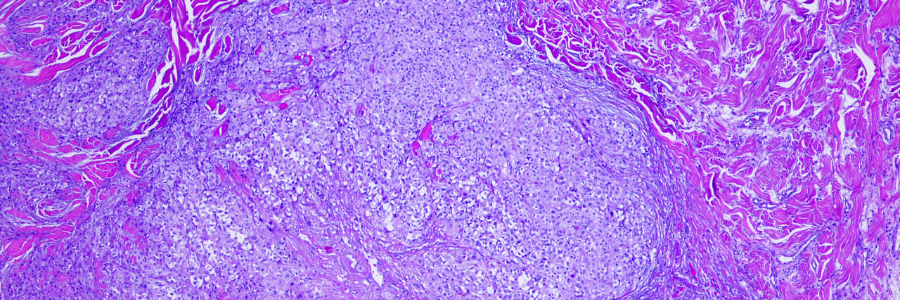First-Approved Cell Therapy for Melanoma Can Treat Solid Tumors
Jeffrey S. Chamberlain, PhD - February 16, 2024
Amtagvi was approved through the Accelerated Approval pathway, under which FDA may approve drugs for serious or life-threatening illnesses or conditions where there is an unmet medical need.

Today FDA approved Amtagvi (lifileucel), a one-time tumor-infiltrating lymphocyte (TIL) therapy as a second-line treatment for patients with advanced melanoma. This decision marks the first approval of a one-time cell therapy to treat a solid tumor.
TILs are a type of lymphocyte, an immune cell made in the bone marrow and found within the blood and lymph tissue. TIL therapy is a type of cell-based immunotherapy using a patient’s own immune cells from the microenvironment of the solid tumor to kill tumor cells. Unlike CAR T-cell therapy, adoptive cell therapy with TILs is attractive because TILs come directly from the tumor and already recognize many targets on cancer cells.
Melanoma is a dangerous, aggressive form of cancer that can quickly become life threatening. As such, I'm incredibly encouraged to see a cell therapy approval that can treat solid tumors, which we've long been working toward in the field. I commend the scientists who have developed this treatment and I look forward to more melanoma patients having access to it in the future.
Amtagvi’s BLA is supported by data from a Phase II clinical trial and an open-label Phase III confirmatory clinical trial. The Phase III trial, known as the TILVANCE-301 study, is enrolling up to 670 participants to evaluate Amtagvi in combination with pembrolizumab, an immune checkpoint inhibitor approved to treat melanoma, compared to pembrolizumab alone in people living with untreated unresectable or metastatic melanoma.
In a clinical study, FDA reported that among the 73 patients treated with Amtagvi at the recommended dose, the objective response rate was 31.5%, including three (4.1%) patients with a complete response and 20 (27.4%) patients with a partial response. Among patients who were responsive to the treatment, 56.5%, 47.8% and 43.5% continued to maintain responses without tumor progression or death at six, nine and 12 months, respectively.
FDA granted Amtagvi's approval to Iovance Biotherapeutics Inc.
Dr. Chamberlain is President of ASGCT.